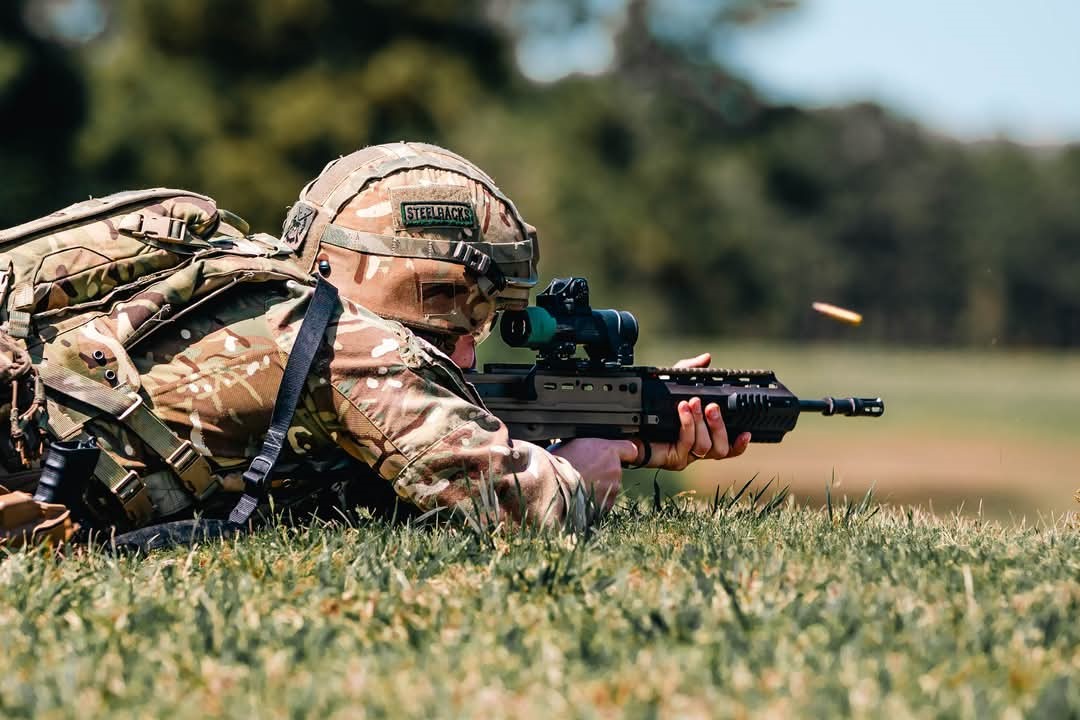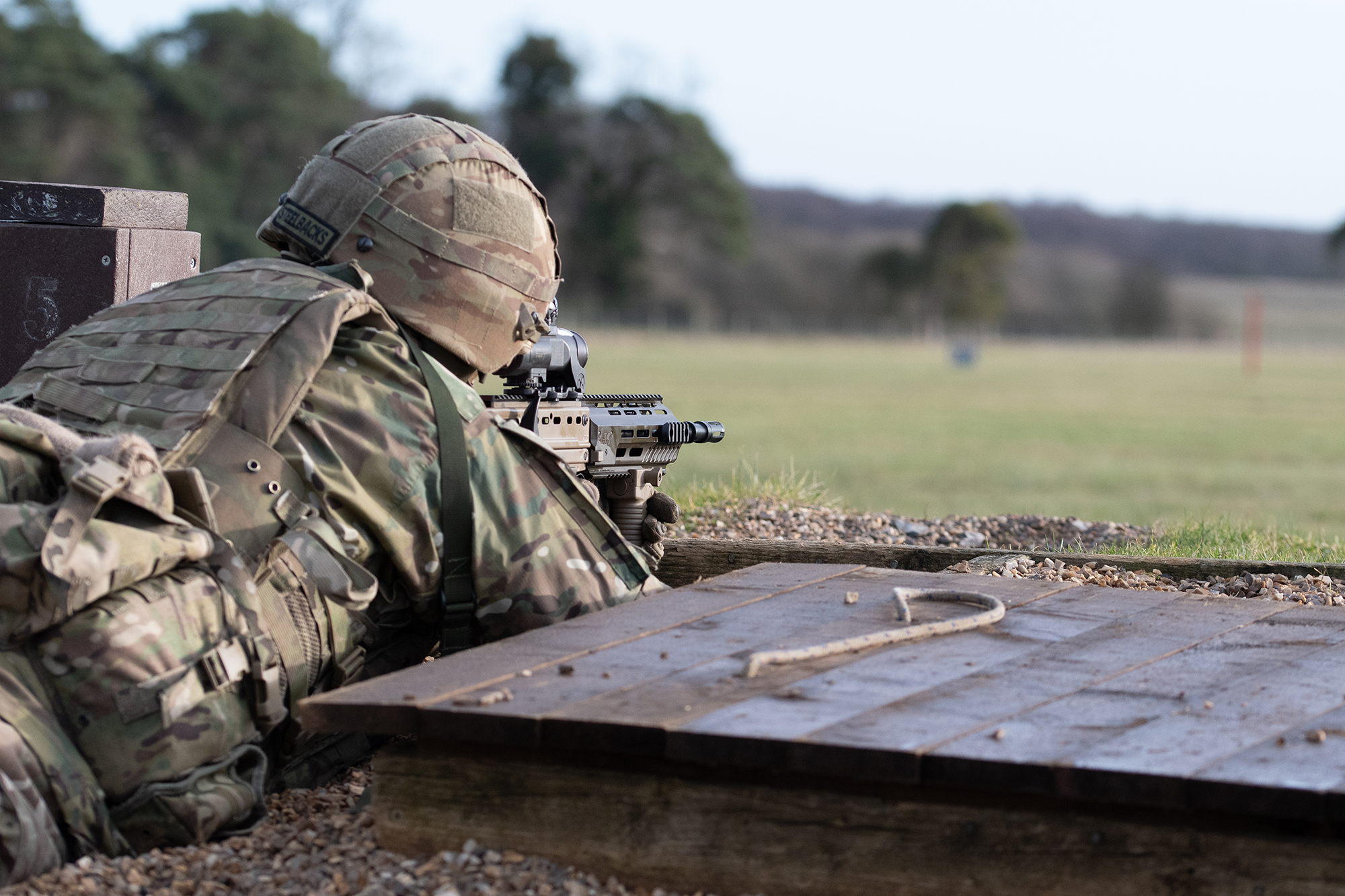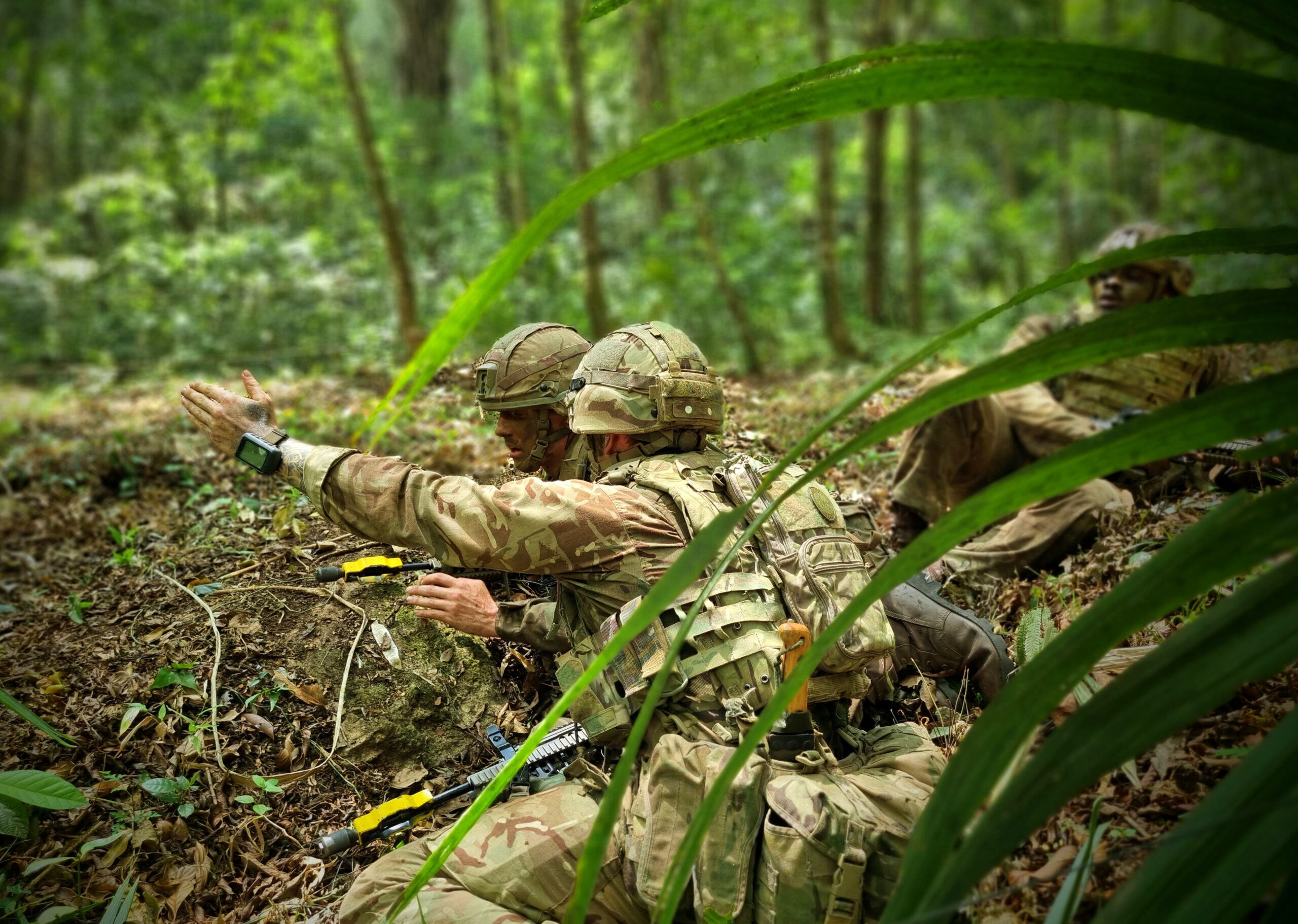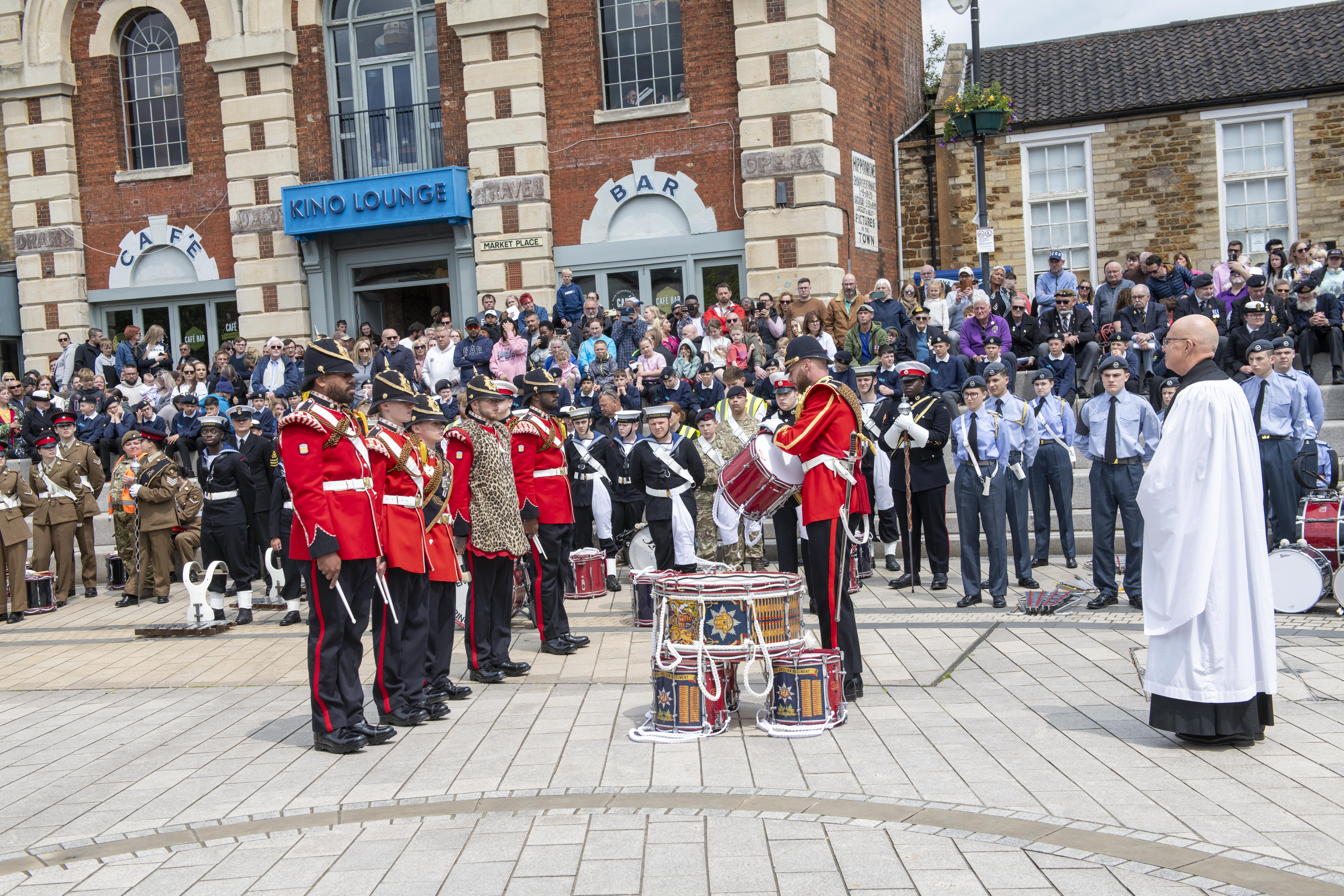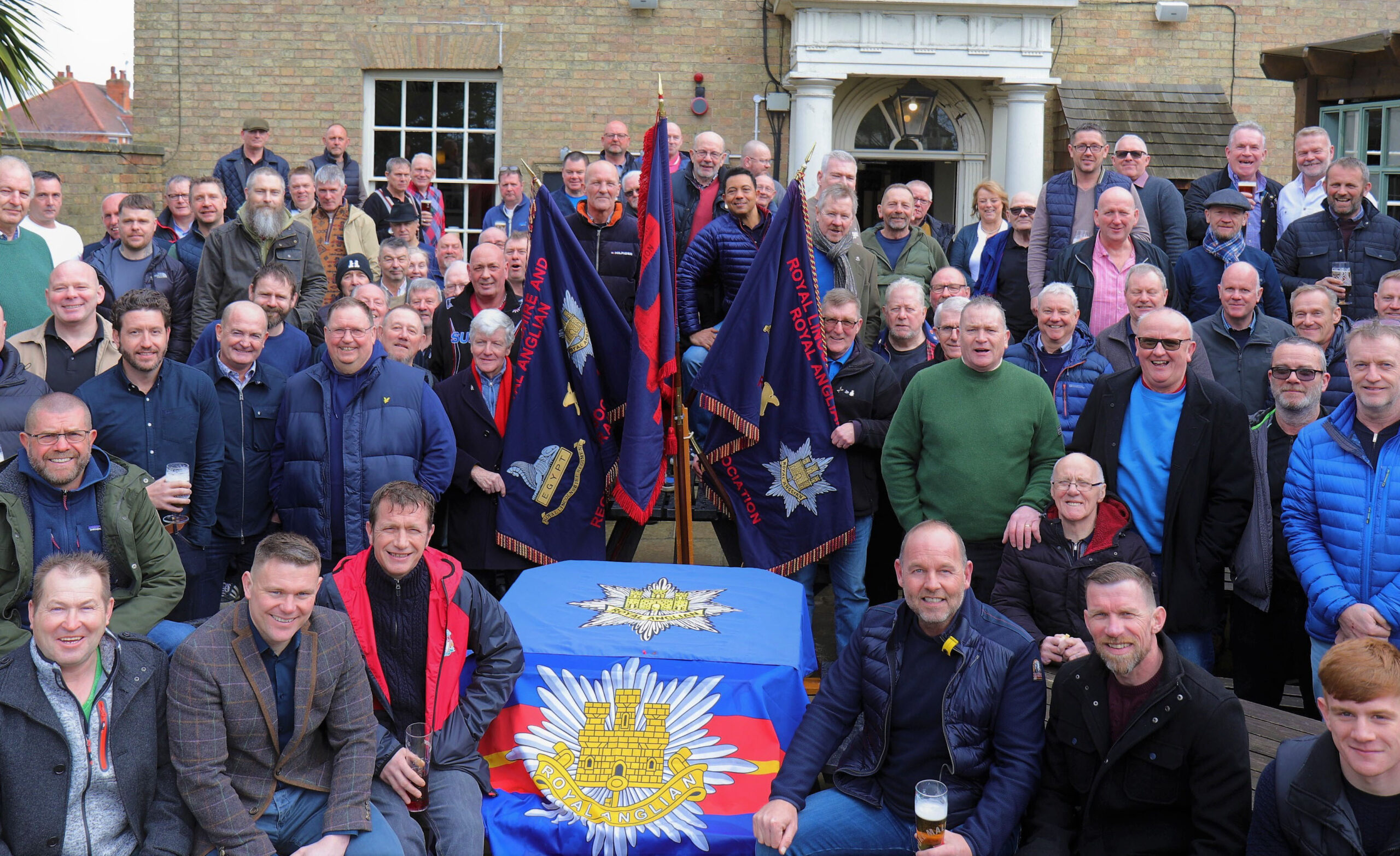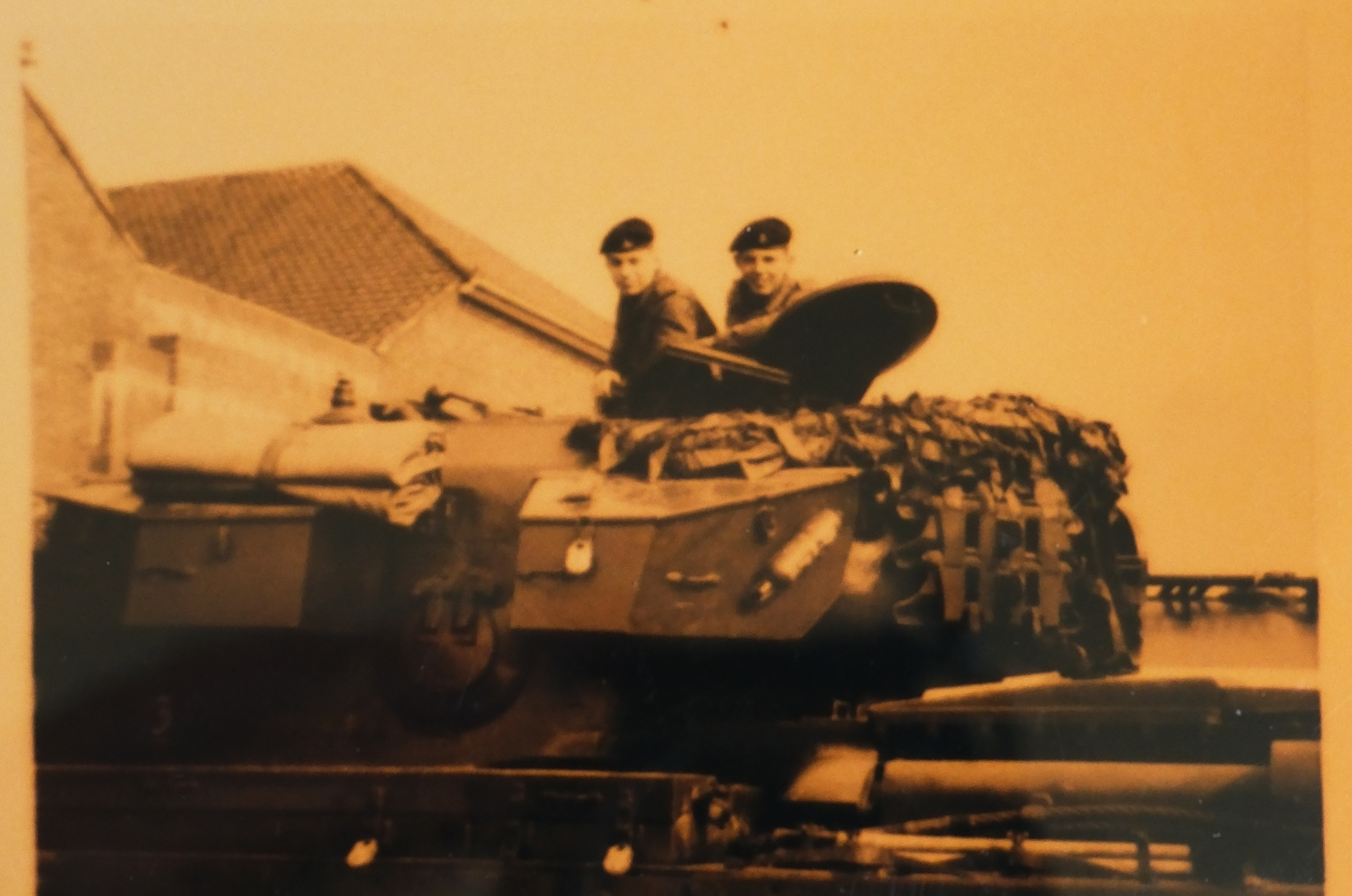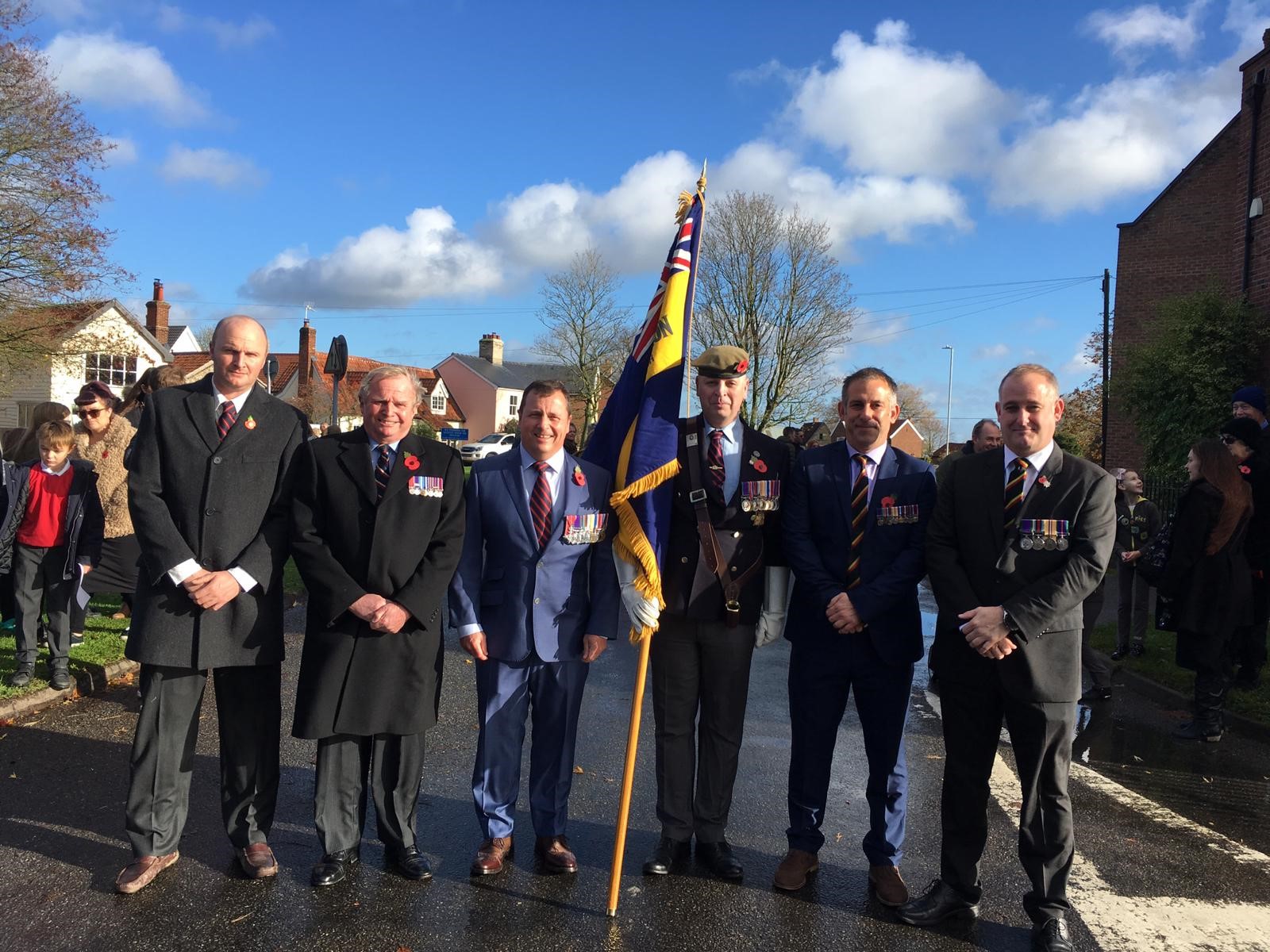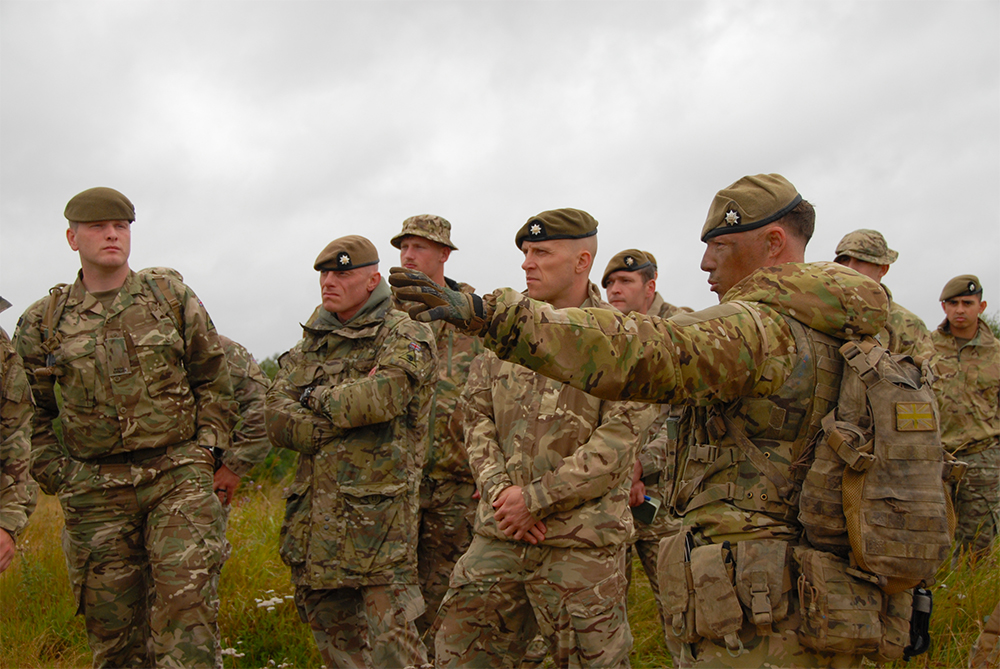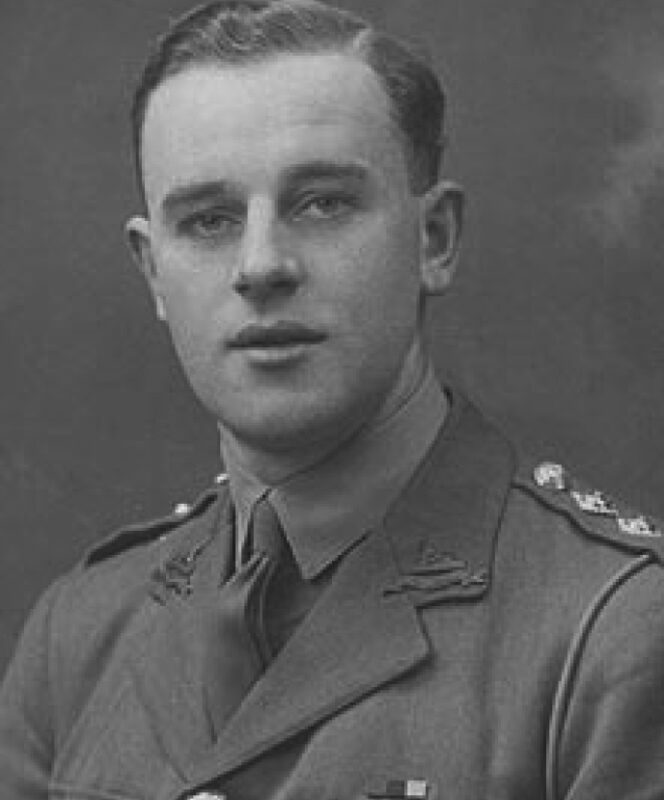
Obituary for Major John Owen ‘Jof’ Flint DSO MC
Maj ‘Jof’ Flint, who has died aged 93, was awarded a DSO and an MC in 1944 while serving with the Lincolnshire Regiment.
On November 22 1944, Flint led B Company, 4th Battalion the Lincolnshire Regiment (4 LR), in an attack on Maasbree, a Dutch town close to the border with Germany. The ground was flat and provided no cover. The Germans had Spandau machinegun positions which were well dug in, and the leading platoon sustained heavy casualties. Flint led the two remaining platoons forward and directed the attack, which was carried out under a hail of machinegun fire. Once again, the advance was checked as the forward troops took casualties.
Followed by his runner, Flint stalked the most dangerous of the Spandau teams. Despite coming under direct fire from the other machinegun positions, he succeeded in accounting for the Spandau and its crew with his Sten gun. He brought his company on to their objective, where they came under heavy shell fire. His Forward Observation Officer’s carrier with its communication unit was knocked out, so Flint, using his radio set, called down artillery and mortar fire and broke up two counter-attacks.
When a third attack came in from the flank, no complete platoon could be spared to deal with it. Flint led an assault party, and, firing his Sten at point-blank range, caused the enemy to flee in disorder, leaving behind their dead and wounded. He was awarded an immediate DSO.
John Owen Flint was born at Stamford, Lincolnshire, on 24 July 1916 and educated at Stamford School. He worked for Barclays Bank, joined the TA and, when the Second World War broke out, was commissioned into the Lincolnshire Regiment and posted to 4 LR.
While taking part in the short, ill-fated campaign in Norway, he was forced to enter a farm where his men were sheltering through a door covered by enemy snipers and a machine gun. When the house was set ablaze, he got his platoon out of the building by firing a Bren gun from an exposed position to cover their withdrawal. He was mentioned in despatches.
After two years in Iceland, where the aim was to forestall occupation by the Germans, Flint landed with 4 LR on Sword Beach on D+4. The Battalion went into action soon afterwards and lost most of its carriers in heavy fighting.
In September the company commanded by Flint made a successful attack on a strong enemy position in woodland at Gainneville, near Le Havre.
In October, they held a vital sector of the main approaches into Baarle-Nassau, a village on the Belgian-Dutch border. Flint’s outstanding leadership, skilful patrolling and deployment of his men convinced the enemy – as confirmed by interviews with prisoners – that they were dealing with a force three times the size. He was awarded an MC.
A tank commander from the Canadian regiment, which fought alongside Flint at Arnhem, said of him: ‘He was a real soldier, one in 1,000, the best I’ve ever served with. I was with every division in the British Eighth Army and some in the US Fifth Army, and I knew only two like him. The Germans didn’t stand a chance against guys like him.’
On returning to England, Flint farmed at Barholm, Lincolnshire, where his cattle were an absorbing interest: he bred his own and won many championships at the local shows. For many years he served on the Stamford Show Committee as Chairman and later as President.
Flint worked on a number of diocesan committees and played a regular part in church activities. A lifelong supporter of the Lincolnshire Regiment, he served on the regional Army Benevolent Fund for many years.
He was appointed Deputy Lieutenant of Lincolnshire in 1964.
‘Jof’ Flint died on December 15 2009. He married, in 1944, Kathleen Smith. She predeceased him, and he is survived by their son and daughter.


